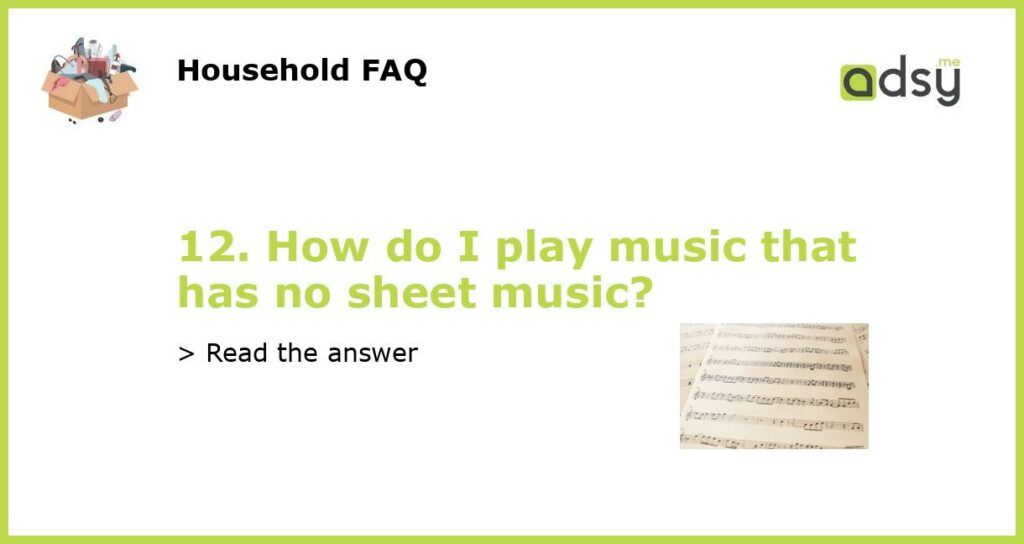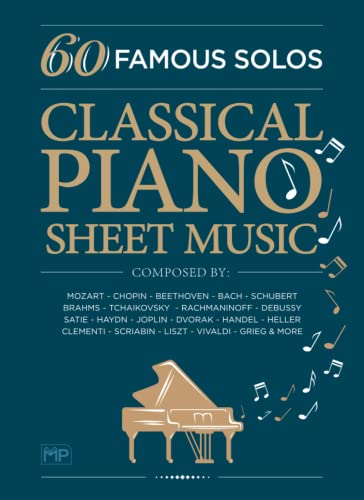Understanding Music without Sheet Music
Playing music without sheet music can seem daunting at first, but it’s not as difficult as it might seem. Many musicians learn to play by ear, which means they listen to a recording of a piece of music and then try to recreate it on their instrument. This method requires a certain amount of musical knowledge and skill, but it can be a very rewarding way to learn. Additionally, there is software available that can help you generate sheet music from audio recordings, which can be a helpful tool if you’re not confident in your ability to learn by ear.
Learning by Ear
If you want to learn to play music by ear, the first step is to listen to the piece of music you want to play. Listen carefully to the melody, rhythm, and harmony, and try to reproduce what you hear on your instrument. You can start by picking out simple melodies, and then gradually work your way up to more complex pieces. It may take some time to develop your ear and your ability to play by ear, but with practice, you can become very proficient.
Using Software to Generate Sheet Music
If you’re not confident in your ability to learn by ear, or if you want to check your work, there are software programs available that can help you generate sheet music from audio recordings. Programs like Transcribe! or AnthemScore allow you to load an audio file, and then generate a basic sheet music transcription of the recording. While these transcriptions may not be perfect, they can be a helpful tool in learning to play music that has no sheet music.
Collaborating with Other Musicians
If you’re struggling to learn a piece of music without sheet music, it can be helpful to collaborate with other musicians. You can work together to listen to the recording and try to figure out how to play it on your instruments. Playing with others can also help you improve your ear and your ability to play by ear, as you learn to listen to other musicians and work together to create a cohesive sound.
Embracing Improvisation
When you’re playing music without sheet music, it’s important to embrace improvisation. Without sheet music, you have the freedom to experiment with the music and create your own interpretation. While this can be intimidating at first, it can also be a very rewarding way to play music. Improvisation allows you to express your own musical voice, and it can lead to some truly unique and beautiful performances.






